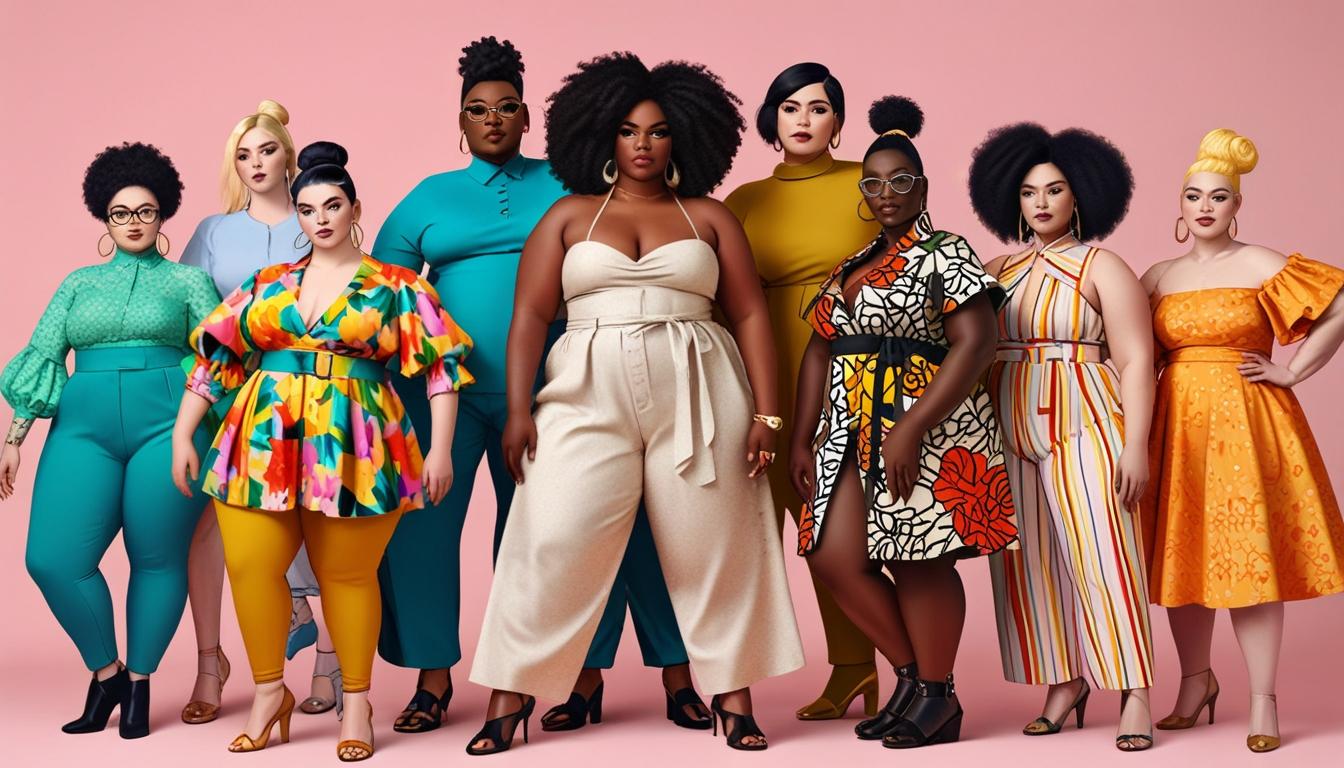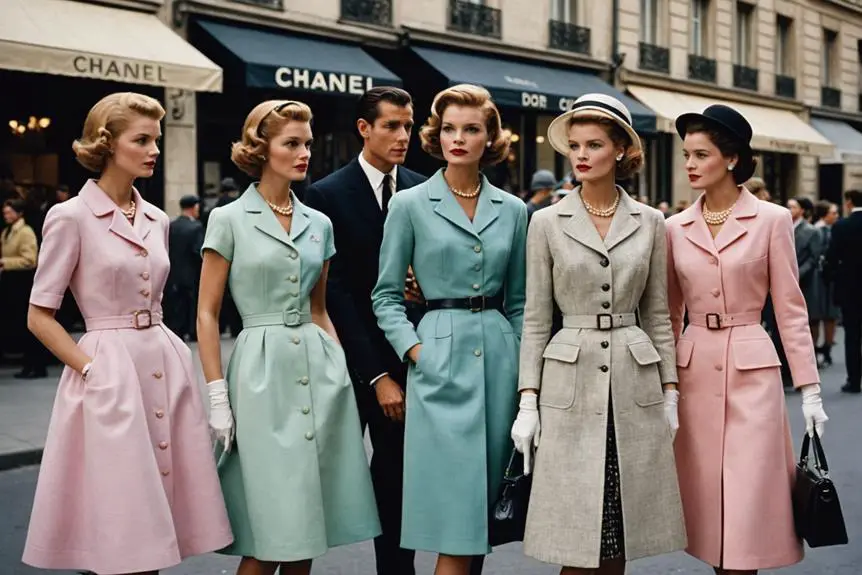The inclusive fashion movement is gaining momentum, led by women who advocate for body positivity, adaptive designs, and cultural representation, reshaping industry standards and promoting diversity.
The London Daily News reports that the movement of inclusive fashion has gained substantial momentum recently, with a notable emphasis on the contributions of women who are at the forefront of this change. Inclusive fashion is centered on developing clothing and styles that cater to individuals across a broad spectrum of body types, sizes, ages, abilities, genders, and cultural backgrounds.
A pivotal element of this movement is body positivity and size inclusivity. Women-led initiatives promoting body positivity have encouraged brands to broaden their size ranges while celebrating diverse body representations. Notable brands such as Fenty, Savage X Fenty, Universal Standard, and Aerie have taken significant steps by offering extended sizes and utilizing unretouched images in their campaigns. Activists and influencers like Lizzo, Ashley Graham, and Jameela Jamil have been instrumental in amplifying messages of self-love and inclusivity, which resonate widely across various demographics.
In addition to size inclusivity, there is an emerging emphasis on adaptive fashion tailored for individuals with disabilities. Women designers and advocates are championing functional yet stylish clothing options. Brands like Tommy Hilfiger Adaptive and IZ Adaptive focus on designs that boast features such as magnetic closures, adjustable hems, and wheelchair-friendly cuts. Activist Sinead Burke has played a vital role in advocating for greater inclusivity in fashion for people living with disabilities.
Another significant trend is the rise of gender-neutral and non-binary fashion. Women are actively challenging traditional gender norms through their embrace of androgynous and gender-neutral styles. Designers like Telfar Clemens and brands like Wildfang are producing clothing that transcends conventional gender boundaries. High-profile celebrities such as Janelle Monáe and Billy Porter are further breaking stereotypes by donning bold, gender-fluid outfits that defy categorization.
Cultural representation is also at the forefront of this inclusive movement, with women of color reclaiming their cultural heritage through fashion. Designers such as Tory Burch and Rihanna have successfully integrated diverse cultural influences into their collections, celebrating the richness of global diversity. Initiatives highlighting Black-owned fashion brands have emerged to promote both inclusivity and representation within the industry.
Age inclusivity is another critical aspect of the movement, wherein women are actively combating ageist stereotypes by showcasing style at every life stage. Brands like Eileen Fisher and Mara Hoffman are leading this charge with timeless, sustainable designs that appeal to women across generations. Icons like Helen Mirren, Viola Davis, and Maye Musk exemplify the belief that fashion knows no age limits.
Furthermore, women are pioneering advancements in sustainability and ethical fashion. A focus on inclusivity within production practices is becoming increasingly important. Brands such as Reformation, Stella McCartney, and Patagonia are prioritizing eco-friendly materials and ethical labor practices. Prominent activists, including Greta Thunberg and Vandana Shiva, have helped raise awareness about the environmental consequences of fast fashion, thereby advocating for more responsible industry practices.
Representation in media and advertising is also undergoing a transformation, with women demanding greater visibility in fashion campaigns, catalogs, and runway shows. Brands like Nike, Dove, and Fenty Beauty are embracing diverse models representing various sizes, skin tones, and abilities, marking a significant shift in industry standards.
Lastly, the concept of empowerment through fashion is pivotal to the inclusive fashion movement. It extends beyond mere clothing to include the expression of identity, confidence, and individuality. Initiatives such as Dress for Success aim to provide women from underserved communities with access to professional attire, thereby helping them build self-assurance in their endeavors.
In summary, women are leading a multifaceted movement in inclusive fashion, challenging stereotypes, advocating for broader representation, and creating spaces that recognize and celebrate diversity. This evolving trend not only reshapes the fashion industry but also empowers individuals to embrace their unique identities.
Source: Noah Wire Services




